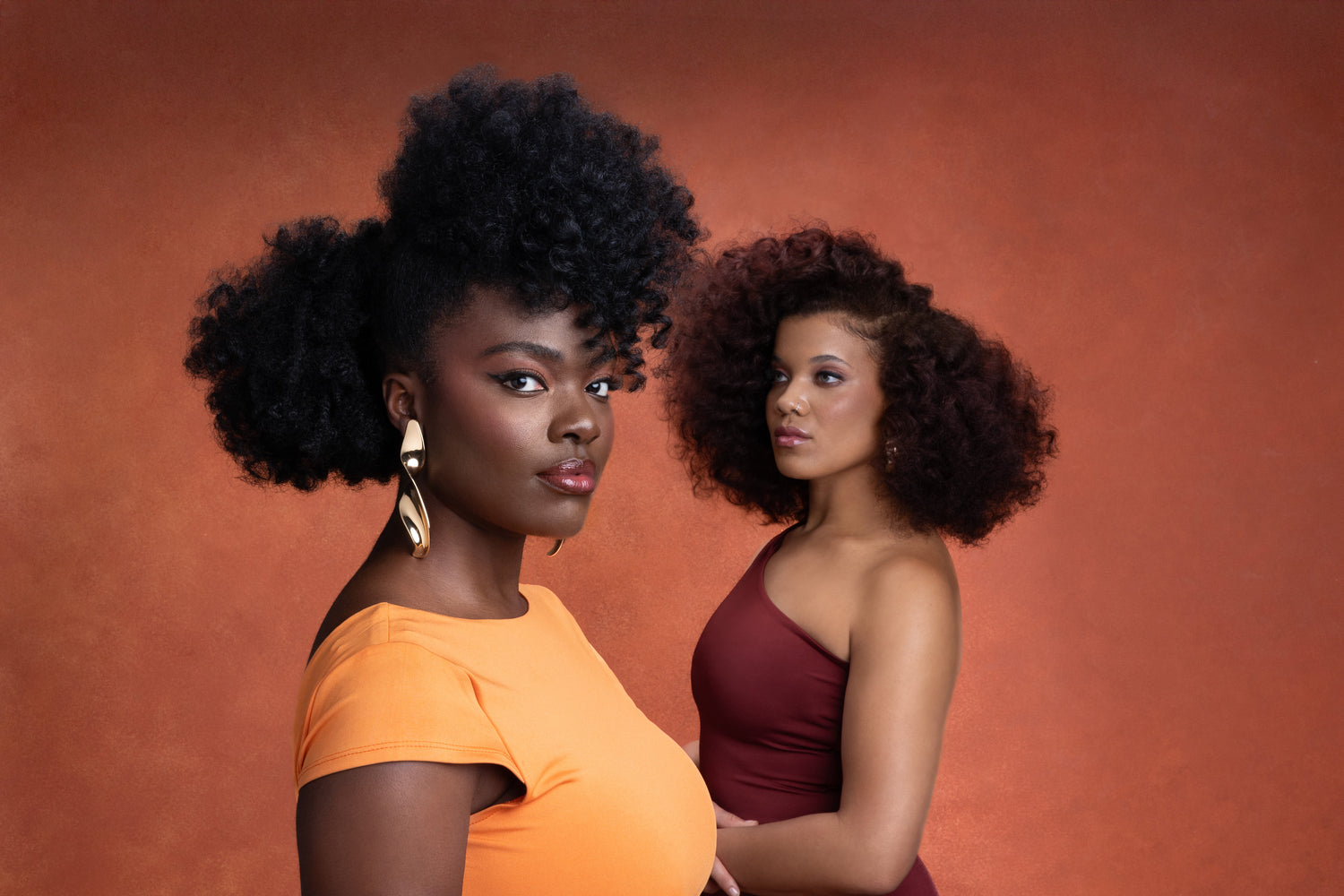We recently received a Trustpilot review that sparked much conversation in our team.
The review read:"This is only allowing products for black hair. If any other company did that for white hair you would all be shouting racist. Racism works both ways.
You always demand to be in included in white culture, white tv
programmes, have white characters rewritten for you and loads more. Also you say your [sic] also aloud [sic] to have you [sic] own culture, your own tv programmes, you [sic] own websites that don't include white peoples. You cant have it both ways.
So many people are totally fed up and i am not just talking white people, i know tons of Asian people who are fed up. All humans matter...."
It was removed by Trustpilot, but we felt it important to share our thoughts.
Our fundamental aim is to ensure that everyone can access safe, effective and ethical products, regardless of their background, gender, race or creed.
I feel I should start by sharing I am an employee at Afrocenchix. I use Afrocenchix products. And, I'm White, with straight, blond hair -- the complete opposite to my colleagues with Coily, Afro hair. A shocking combination, I know!

Let's begin with an analogy: you know how the pharmacy sells paracetamol specially formulated for babies? And there is an option to purchase lactose free cheese for people who struggle with digesting lactose?
No one says "adults can't take baby medicine, it is for babies only!" or "if you can eat the rest of the cheeses being sold, then you're not allowed to have this special cheese!" (In fact our CEO sometimes takes Calpol as she finds it easier to take than the tablets.)
Another thing no one says is, "we should market this baby medicine using actors over the age 80." Or "Let's have an actor talk about this lactose-free cheese while they drink a glass of milk."
(These analogies feel a bit reductionist - but really, I'm attempting to simplify the explanation in a way that's easily understood.)
To paraphrase: some products are designed to provide for specific groups that have a different need to what the general market offers. This is the opposite of being discriminatory. In catering for the most neglected markets, you often create better options for everyone interested.
Currently, 78% of products marketed towards black women are filled with toxic chemicals that are linked to cancer, fibroids, and respiratory and reproductive issues. So while we market our product to this group -- those who don't have the luxury of using a wide-range of 'safe' products -- that does not mean we would ever want someone to feel excluded. In fact our customer base is incredibly diverse in terms of age, gender, hair type and ethnic background.
So, I end with this: everyone is welcome to use our products, no matter their hair type or skin type. We're proud to have sold to customers in over 58 countries and we're inclusive by default.
I hope this response clarifies our view on inclusivity.
All hair matters to us, and some hair types have been ignored for a long time so that's where we focus whilst we strive to show the beauty in diversity.
Best,
Libby
Related Articles:
Toxic Ingredients In Black Hair Products: 2022 Update
A Message to Our Community – Black Lives Matter
Black Pound Day: What It Is, When It Is & How You Can Get Involved

